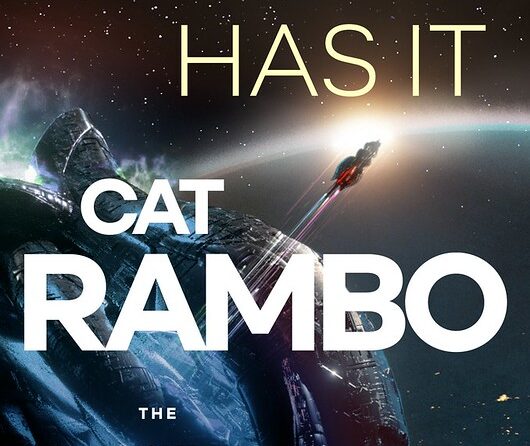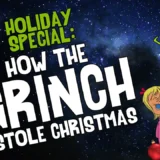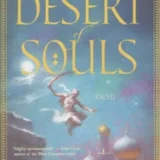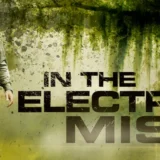
Oooo, the first magazine to pop up during my random survey of SF Encyclopedia entries.
Clarkesworld has been a phenomena in the field, proving, among other things that not only can a professional magazine win a Hugo for Best Semi-Professional magazines, but that a primarily electronically based SF magazine can be both successful and influential on our field. (I’m not bitching about Clarkesworld’s Hugo wins. They’re well-deserved and the magazine qualifies for the definition. I’m pointing out that the distinction between pro and semi, so far as Hugo Awards are concerned, is a bit of a weird amalgam of early Fannish sensibilities and more recent practicalities.)
Over the years it has published a number of award winning works and worked with some of the best writers, editors and artists in the field (shoutout to Nick Mamatas, Cheryl Morgan, Sean Wallace, Kate Baker, Jason Heller).
Clarkesworld, and its publisher – Neil Clarke of Wyrm Publishing – have been pretty influential in our field since the magazine’s premiere in 2006, with, among other things, helping to open up the English language market to Chinese science fiction, highlighting the “AI Problem” and working closely with SFWA on a number of matters.
Clarkewsorld’s SF Enclyclopedia states:
(Aside: Locus won this award almost perpetually for over 20 years until rules were changed; some of its wins were for Best Fanzine. The magazine award categories – professional, semi-professional and fanzine – have continuously dealt with definition and domination issues. Best Professional magazine was dropped in 1972.).
Steve Davidson is the publisher of Amazing Stories.
Steve has been a passionate fan of science fiction since the mid-60s, before he even knew what it was called.









